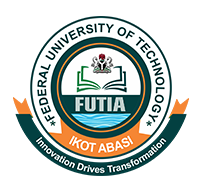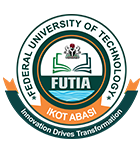Ten career paths that software engineers commonly pursue:
1. Software Developer/Engineer: This is the most traditional career path for software engineers, involving designing, developing, testing, and maintaining software applications or systems.
2. DevOps Engineer: DevOps engineers focus on streamlining the development and deployment processes, automating infrastructure provisioning, and fostering collaboration between development and operations teams.
3. Quality Assurance (QA) Engineer: QA engineers are responsible for testing software applications to ensure they meet quality standards and perform as expected, often through manual and automated testing techniques.
4. Data Engineer: Data engineers design, build, and maintain systems for storing, processing, and analyzing large volumes of data, often using technologies like Hadoop, Spark, and data warehousing solutions.
5. Machine Learning Engineer: Machine learning engineers develop algorithms and systems that enable computers to learn from and make predictions or decisions based on data, with applications in areas like natural language processing, computer vision, and predictive analytics.
6. Security Engineer: Security engineers focus on protecting systems and data from cybersecurity threats by implementing security measures, conducting vulnerability assessments, and responding to security incidents.
7. Cloud Engineer: Cloud engineers specialize in designing, implementing, and managing cloud-based infrastructure and services, leveraging platforms like Amazon Web Services (AWS), Microsoft Azure, or Google Cloud Platform (GCP).
8. Full-Stack Developer: Full-stack developers have expertise in both front-end and back-end development, allowing them to work on all layers of a software application, from user interfaces to databases.
9. Site Reliability Engineer (SRE): SREs combine aspects of software engineering and operations to ensure the reliability, availability, and performance of large-scale, distributed systems, often through automation and monitoring.
10. Technical Architect: Technical architects are responsible for designing the overall structure and framework of software systems, making high-level design decisions, and ensuring that the architecture aligns with business objectives and technical requirements.
These career paths represent just a sample of the diverse opportunities available to software engineers, with each offering its own unique challenges, responsibilities, and opportunities for growth and advancement.



